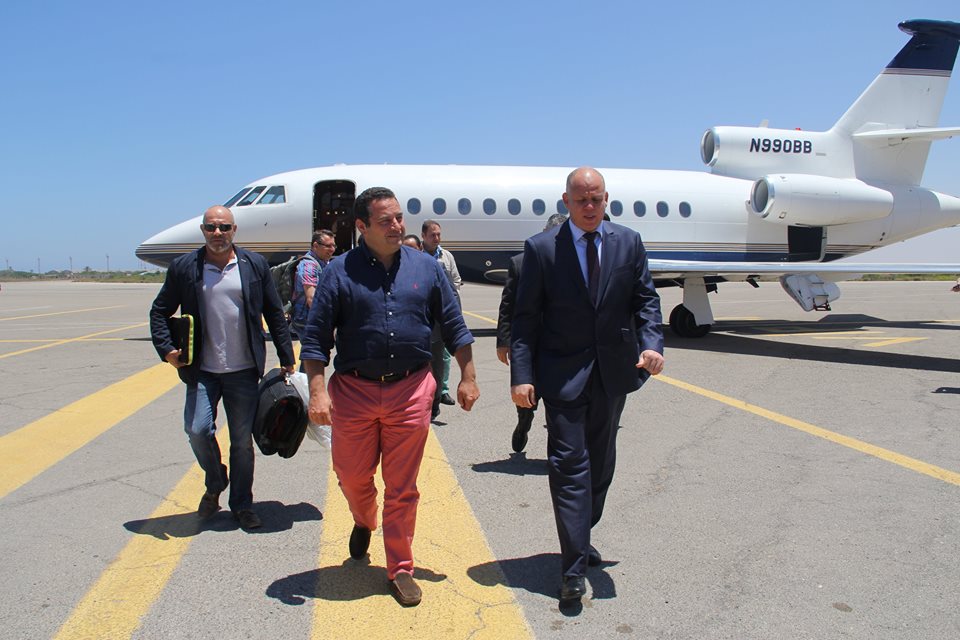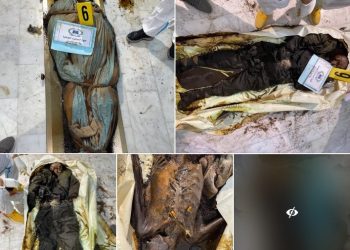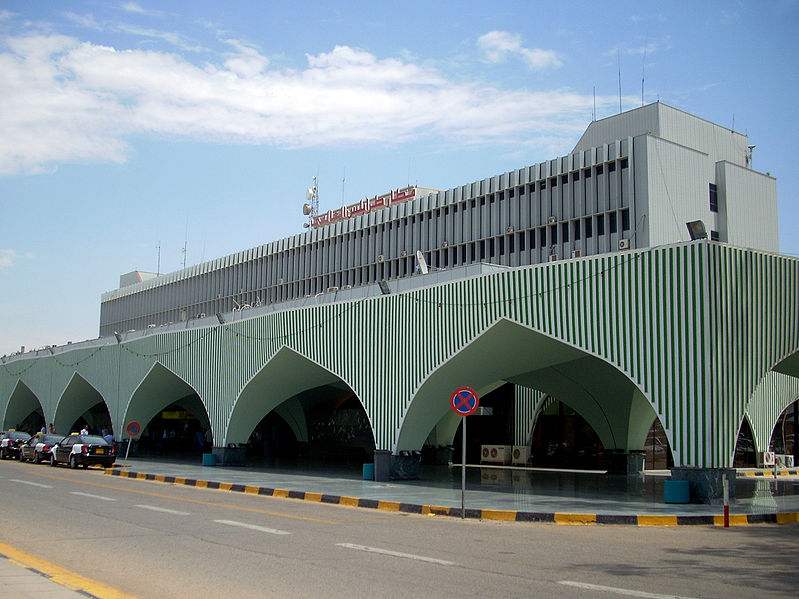By Libya Herald reporter.

Tripoli, 4 July 2015:
A member of the French National Assembly has flown into Tripoli for a 24-hour visit . . .[restrict]which despite being private is seen in the city as bolstering the embattled General National Congress (GNC) and the internationally-unrecognised government appointed by it.
Jean-Frédéric Poisson, a member of the opposition UMP (now renamed the Republican Party) led by former President Nicolas Sarkozy, was met by the First Deputy President of the GNC, Awad Abdul Saddeq, and then had a meeting with Tripoli’s oil minister, Mashallah Zwai. He is due to meet with Nuri Abu Sahmain, the president of the GNC, either later tonight or tomorrow.
The object of his visit, is unclear. There have been suggestions that Poisson wants to persuade the GNC to accept the latest draft in the UN-brokered Dialogue in Skhirat, Morocco, but this has not been confirmed. According to Jamal Zubia, who heads Tripoli’s foreign media office, Poisson was due to visit two of the city’s detention centres.
In France, Poisson, who leads the Christian political Right, takes an anti-multicultural position and is not generally perceived a natural friend of Arabs and Muslims. Nonetheless, the visit has been eagerly embraced by the Tripoli regime in its pursuit of international recognition.
There has been a degree of comings and goings between the Tripoli authorities and France in recent weeks. Zwai was in Paris in April and again at the end of May with Tripoli Interior Minister Mohamed Shaiter when they had private meetings with a member each of the French Senate and of the National Assembly. The president of the Senate is said to have refused to meet them.
The visits are believed to have, again, been an attempt by Tripoli to break out of the current isolation and gain some recognition from the French.
Despite Poisson’s meeting with Abu Sahmain, that looks unlikely. In his speech at an anti-Dialogue protest outside the GNC on Wednesday and again the following day in a letter to the German Foreign Minister Frank-Walter Steinmeier, Abu Sahmain accused the French Ambassador and the new British one of threatening the GNC team in Skhirat if it did not agree to the latest draft.
Showing how far he was from the consensus achieved in the Dialogue negotiations, he also wrote in his letter to Steinmeier that the use of Libya as a transit centre by African illegal migrants was the result of a deliberate plot by other “Arab and regional countries” – a reference to Egypt and the UAE – and that the Dialogue had to be based on respect for the Supreme Court’s pronouncement last year, which as far as the GNC is concerned, means that it is the legitimate Libyan parliament not the HoR.
The Dialogue Draft recognises he HoR as Libya’s legitimate parliament.
Meanwhile, in a separate letter to Bernardino Leon published yesterday, the GNC president has said that he is prepared, at the appropriate time, to send a team to Skhirat comprising members of General Staff and leaders of the revolutionaries to take part in the security track negotiations.
This too, however, would be dependent on Skhirat accepting “legal legitimacy” in Libya. [/restrict]









